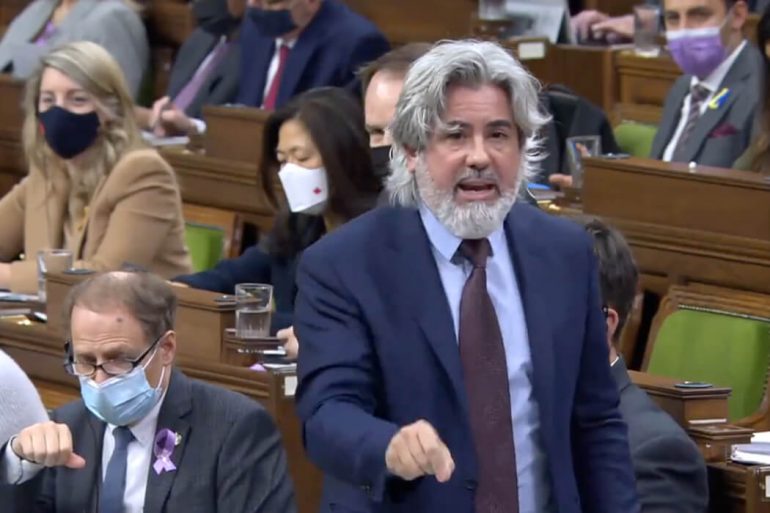The federal government has announced the formation of a new advisory group to inform its efforts to regulate harmful content posted online.
The panel has been tasked with helping the Government of Canada develop a legislative and regulatory framework to address harmful online content and social media platforms housing it.
The group has been mandated to provide the Minister of Canadian Heritage with advice regarding how to design such a framework and incorporate feedback from the national consultation the federal government held last year, which identified numerous flaws with its previously proposed online harms bill.
The expert committee represents an approach from the federal government to “hit the reset button” on developing online safety legislation.
The Government of Canada characterized the move as “the next step in developing legislation” to address harmful online content. With the help of experts, the Government of Canada is looking to revamp its approach to combating online harm.
“It’s clear that harmful online content is a serious problem, but there is no consensus on how to address it,” said Minister of Canadian Heritage Pablo Rodriguez. “We’re asking the expert advisory group to go back to the drawing board.”
According to a senior government source, whom BetaKit isn’t naming as they weren’t authorized to speak publicly on the process, the expert committee represents an approach from the federal government to “hit the reset button” on developing online safety legislation.
The panel’s focus will include determining which online services should be regulated and how, establishing a definition of “harmful content” and how it might be policed, and identifying a set of obligations and requirements for regulated entities concerning how to monitor, moderate, and manage harmful online content on their platforms.
The group will be co-chaired by University of Calgary Associate Professor Emily Laidlaw—who is also a Canada Research Chair in Cybersecurity Law—and University of Montréal Professor Pierre Trudel, who focuses on information law and cyberspace law. Its other 10 members include Canada Anti-Hate Network Chair Bernie Farber and Ghayda Hassan, a clinical psychologist and University of Québec in Montréal psychology professor.
Currently, there are no broad regulatory requirements in Canada that apply to digital platforms regarding their responsibilities in relation to the publication of harmful content online, which includes hate speech, incitement to violence, and sexual exploitation of children.
“If it’s illegal in person, it’s illegal online,” Minister Rodriguez said during a press conference as part of the announcement. “At the same time, we’ve also heard concerns on the complexity of the issue. We need to make sure we’ve got it right.”
Last July, the Government of Canada launched a public consultation seeking Canadians’ views on its proposal for regulating online platforms and combating harmful content. This consultation culminated in the release of a February report, which summarized the 9,200-plus submissions received.
According to terms of reference documents for the advisory group, obtained by BetaKit, public consultation respondents agreed that there was a need for legislation, and supported some of the elements in its proposed framework.
However, the documents note that respondents also flagged a range of concerns related to freedom of expression, privacy rights, the proposal’s impact on certain marginalized groups, and its compliance with the Canadian Charter of Rights and Freedoms, calling on the Government of Canada to reconsider its proposal, including its scope and mandatory reporting content to law enforcement obligations.
According to the documents, this feedback suggests that a systems-based framework that focuses on protocols and procedures might be most suitable for Canada. The government is currently exploring ways to revise elements of its framework accordingly, with an eye towards the statutory ‘duty of care’ approach the United Kingdom has outlined in its landmark Online Safety Bill.
Responding to a question during the press conference today regarding concerns of impacts on freedom of expression, Minister Rodriguez said that respecting such freedoms was “fundamental.”
“It’s at the core of what we’re doing,” he added.
Between March and June 2022, the advisory group will hold nine workshops to discuss the components of a legislative and regulatory framework for online safety.
The panel will also participate in other stakeholder engagement efforts, including with digital platforms, and its mandate, along with the supporting materials and summaries for each session will be published publicly.
With files from Douglas Soltys.


